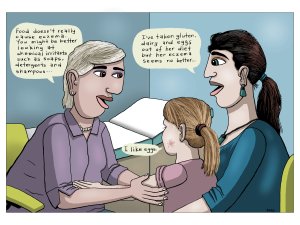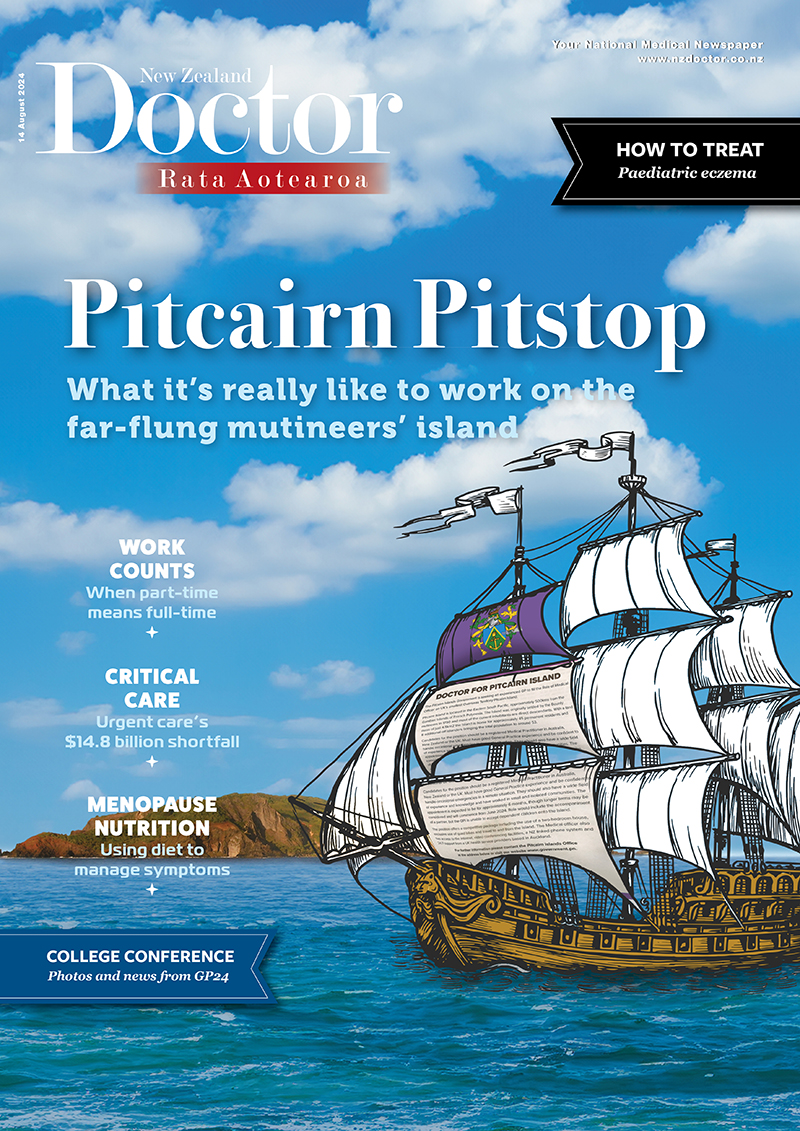Specialist GP Nikki Vadgama provides some tips to make your next paediatric eczema consult easier. She includes a review of new guidelines, resources, websites and medications for paediatric eczema management
Urgency required on rural health training
Urgency required on rural health training

The New Zealand Rural General Practice Network today said a decision on the training of rural health professionals was urgently needed to head-off a pending crisis in the rural health workforce.
The NZRGPN is the membership organisation representing rural medical practices and was commenting today on the release of an academic paper in the New Zealand Medical Journal. The paper highlights the critical importance of embedding rural health education and research initiatives within rural communities.
“Approximately half of all GPs in New Zealand intend to retire over the next decade and this is a critical concern for our members and the communities they serve,” said NZRGPN Chief Executive Dalton Kelly.
“Already a quarter of rural practices have vacancies that we are struggling to fill and it is harder and harder to attract medical professionals into rural communities.
“This retirement wave which New Zealand is facing will inconvenience urban communities where there is a choice of health providers. In rural New Zealand, however, this will result in a healthcare crisis of significant scale if it is not addressed now.”
Dalton Kelly said the NZRGPN strongly supports the call in the New Zealand Medical Journal for the training of a wide range of health professionals to be directly embedded inside rural communities. Similarly, there was a need for extensive rural health research which must also be based in rural New Zealand.
“Currently the government is considering two university bids for rural health training initiatives. The NZRGPN is not expressing an opinion on one or the other of these bids but we must ensure we are well informed by what has worked well elsewhere – in particular in parts of rural Canada and Australia.
“We need to see a decision made quickly which ensures a genuinely decentralised and multidisciplinary rural health professional training model that is based within our rural communities.
“Not only would this outcome start to address a deeply concerning rural health workforce trend but having health training programmes based in rural New Zealand would also assist in reinvigorating rural communities.
“If we are to enhance and protect the ability of rural people to access an equitable level of healthcare compared to their urban peers, then there is no time to waste.”




